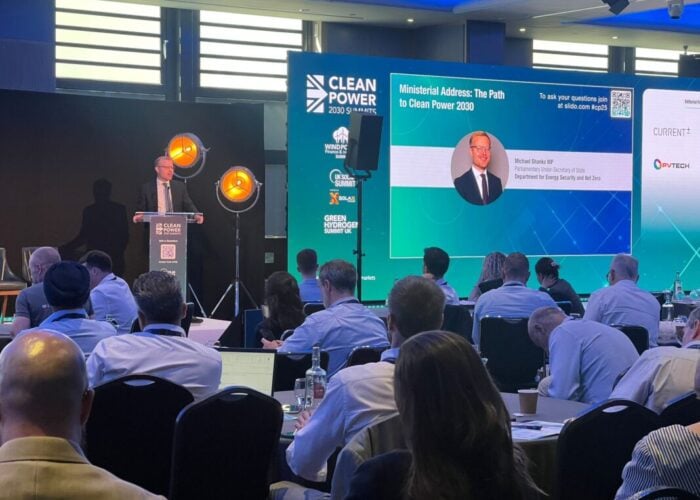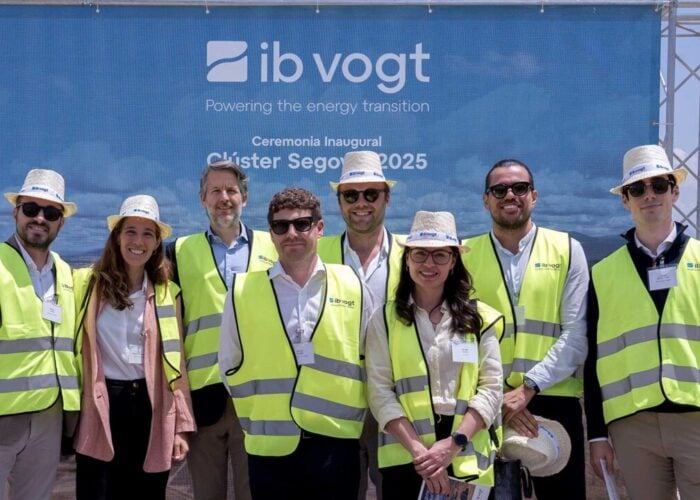Binghamton University officials, with U.S. Senator Charles E. Schumer
and U.S. Representative Maurice D. Hinchey, publicized the $4 million
fund for the Binghamton’s Center for Autonomous Solar Power (CASP)
making it the newest addition to the University’s existing New York
State Center of Excellence in Small Scale Systems Integration and
Packaging (S3IP). CASP will concentrate on making renewable energy
readily accessible as a flexible, large-area and low-cost power source.
“This is an exciting investment in the University and yet another step in the advancement of the Center of Excellence and its research. It is vital that we look at long-term future energy generation from solar power and Binghamton University is the right place to do just that. Drawing from our strengths in small-scale systems integration and in flexible electronics, this University is committed to finding renewable and alternative energy sources…” commented Lois B. DeFleur, Binghamton University President.
Unlock unlimited access for 12 whole months of distinctive global analysis
Photovoltaics International is now included.
- Regular insight and analysis of the industry’s biggest developments
- In-depth interviews with the industry’s leading figures
- Unlimited digital access to the PV Tech Power journal catalogue
- Unlimited digital access to the Photovoltaics International journal catalogue
- Access to more than 1,000 technical papers
- Discounts on Solar Media’s portfolio of events, in-person and virtual
CASP’s main objective is to deal with the scientific challenges of reducing the cost of solar power and enhancing energy efficiency. CASP will be a multidisciplinary center obtaining expertise from engineering, computer science, chemistry and physics to focus on solar conversion efficiency, storage capabilities, solar module stability and power system cost reduction. The center will also work with industry to develop new technologies for defense, energy, aerospace, consumer, and industrial markets by concentrating in particular on solar power sources integrated with new product designs.
“We all feel the pinch of rising energy costs and as a society, need to explore alternatives,” said Seshu Desu (pictured), Dean of the Thomas J. Watson School of Engineering and Applied Science and CASP Director. “At the Watson School, our faculty and students are working on addressing the greatest challenges of our technology-intensive society and harnessing low cost alternative energy sources is at the forefront of our priorities.”
Based on the expertise of the S3IP, which integrates the Center for Advanced Microelectronics Manufacturing (CAMM) and the Integrated Electronics Engineering Center (IECC), Desu intends to develop large-area thin-film solar modules at a lower cost which will imitate nature’s energy-conversion processes and allow for the design of layered devices that catch all frequencies of the solar spectrum. Using a sustainable model which demands the individual device to generate more energy in one year that it takes to manufacture, CASP researchers will be able to create new and cost effective applications which in turn will develop economic development and commercialization opportunities for Greater Binghamton and New York State.







